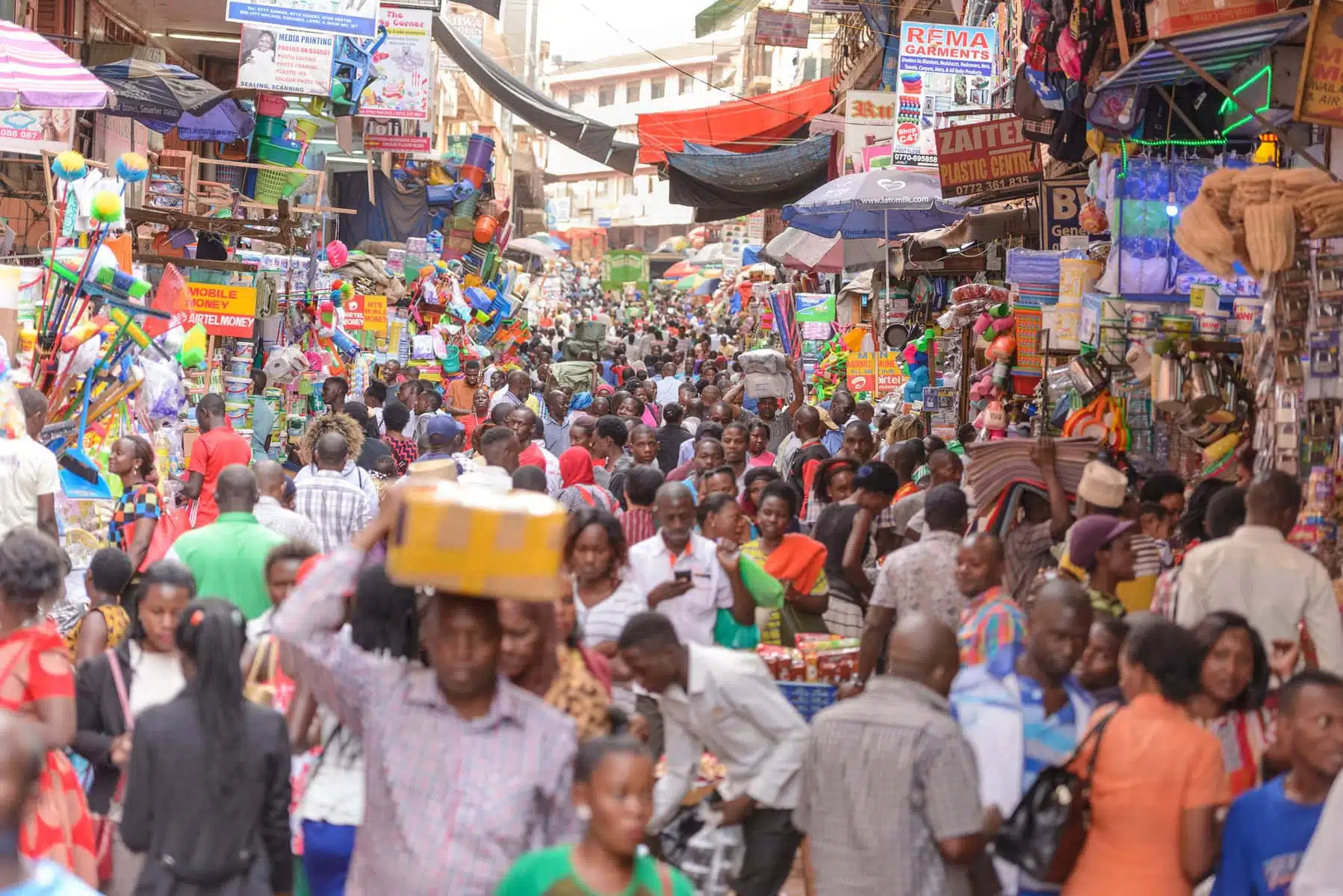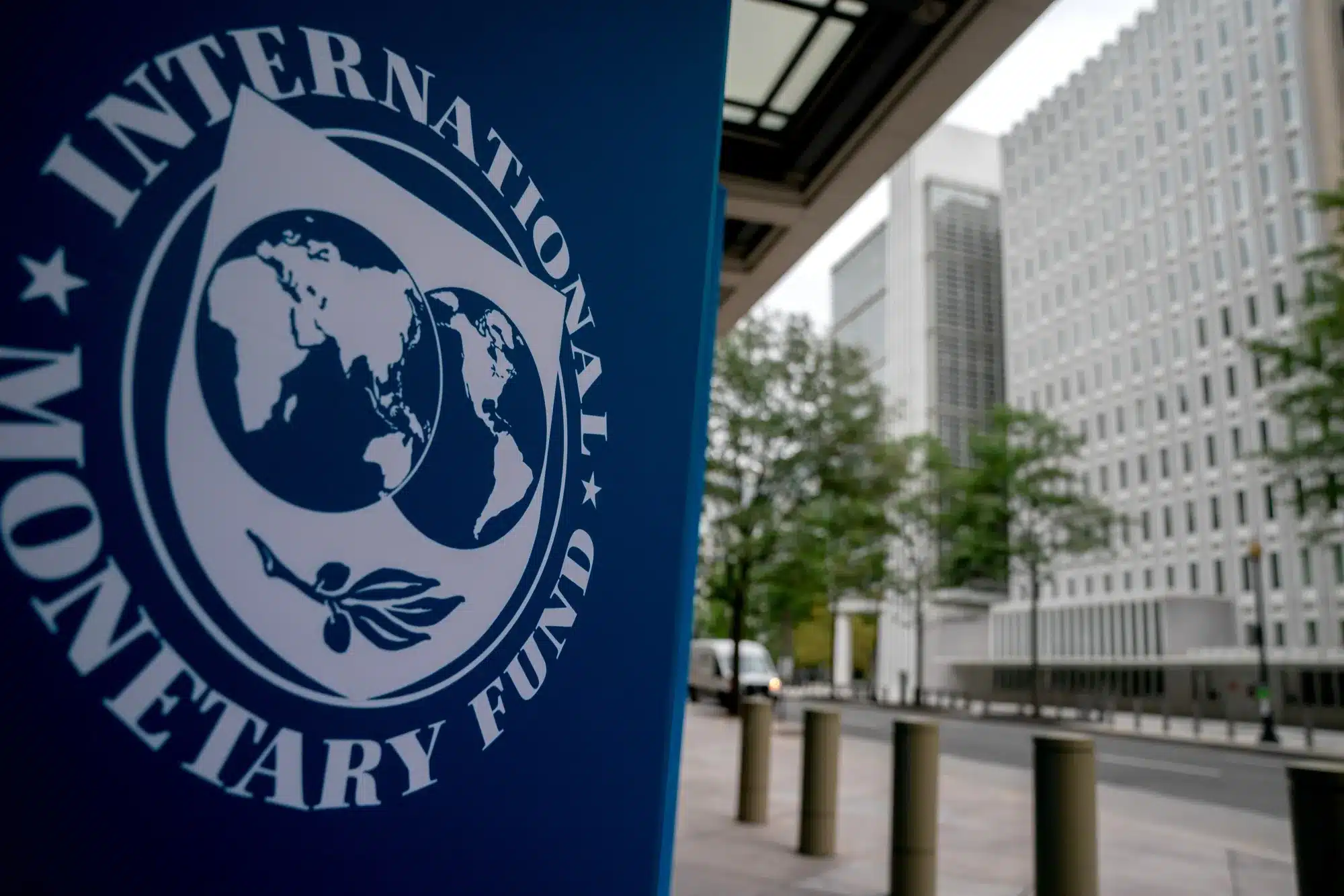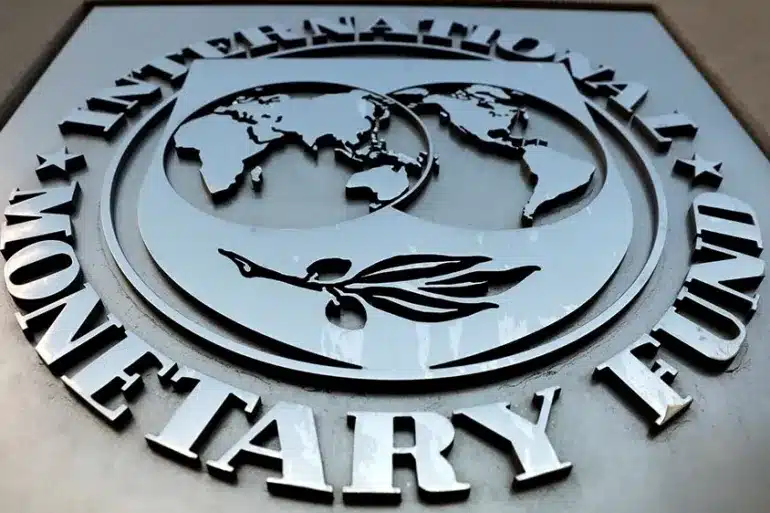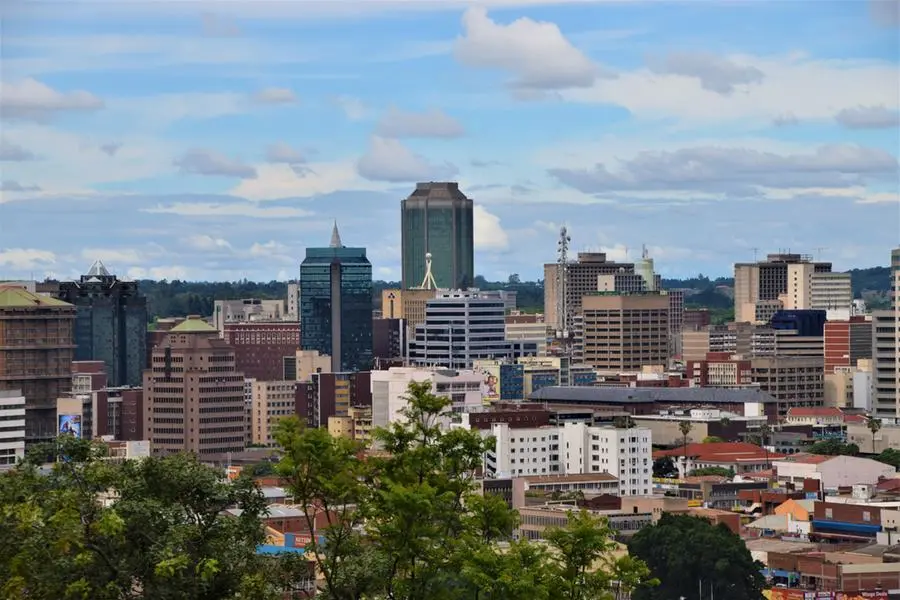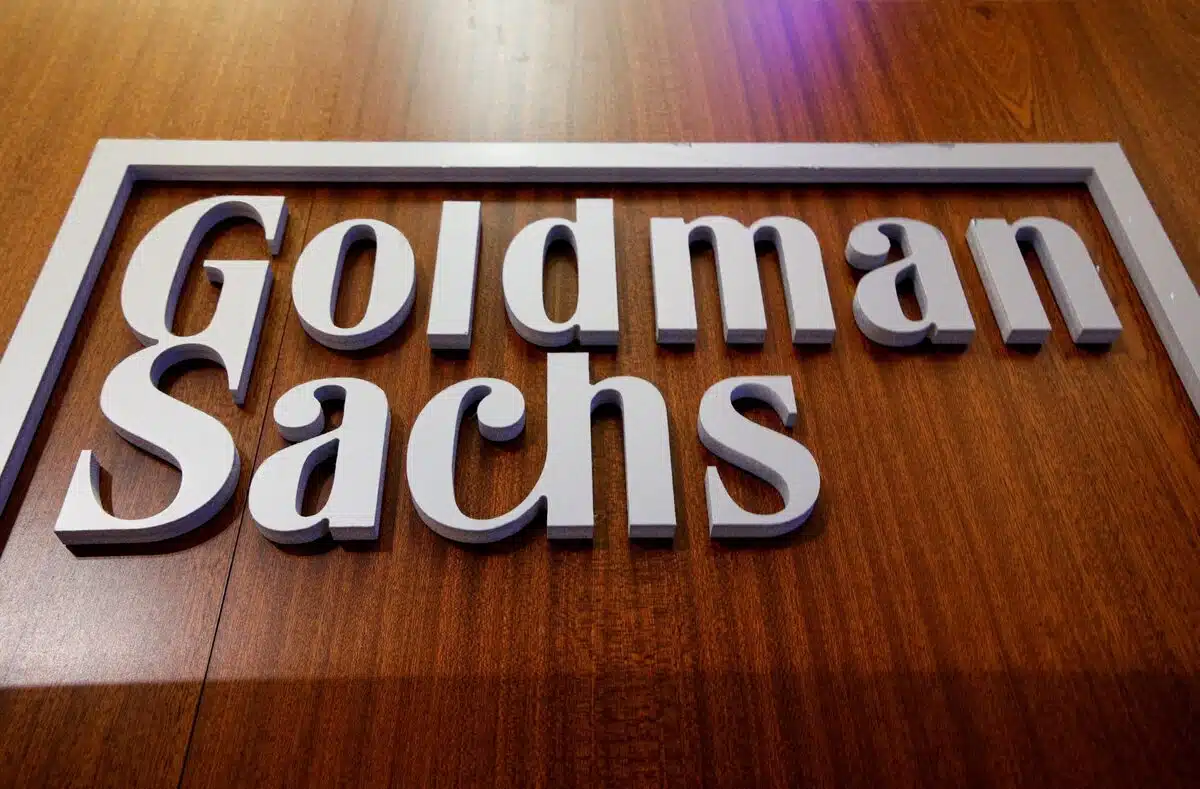Business activities across eight African economies moved in mixed directions in September 2025, according to the latest S&P Global Purchasing Managers’ Index (PMI) data.
While four markets — Uganda, Nigeria, Zambia, and Kenya — recorded growth, others, such as Ghana, Egypt, Mozambique, and South Africa, either stagnated or contracted under inflationary and structural pressures.
Uganda led the region with a headline PMI of 54.0, reflecting solid expansion despite persistent inflation. Nigeria, which had topped the continent for two consecutive months, slipped to second place at 53.4, followed by Zambia at 52.2, both indicating continued but moderate growth.
Kenya and South Africa remained above the neutral threshold at 51.9 and 50.2, respectively, while Mozambique (49.4), Ghana (49.8), and Egypt (48.8) stayed in contraction territory.
A PMI reading above 50.0 signals an improvement in private-sector business conditions, while readings below that mark indicate a decline.
The PMI is derived from monthly survey responses from about 400 private-sector firms across agriculture, manufacturing, services, construction, wholesale, and retail. It is calculated as a weighted average of five key components — new orders, output, employment, suppliers’ delivery times, and stock of purchases.
Despite contractions in some economies, overall regional performance improved compared with August, with leading countries pulling further ahead from the neutral mark.
“A number of economies in sub-Saharan Africa have seen inflationary pressures wane in recent months amid currency appreciation versus the US dollar,” said Andrew Harker, Director of Economic Indicators & Surveys at S&P Global Market Intelligence. “In turn, this is allowing central banks to lower interest rates, helping business activity in the region to expand solidly.”
This performance aligns with the World Bank’s 3.8% growth forecast for Africa in 2025, supported by sectoral reforms and stronger domestic investment.
Uganda – Robust demand amid inflationary pressures
Uganda maintained its growth momentum in September, with its PMI rising to 54.0 from 53.3 in August — the highest in the region and continuing an expansion streak that began in February. The increase was driven by strong demand and new business orders across all sectors, despite persistent inflation.
“Private sector momentum kept the pace in September, with robust consumer demand elevating new orders and output alike,” said Christopher Legilisho, Economist at Stanbic Bank.
Inflation climbed to 4% in September, the highest in 15 months, edging closer to the government’s 4.5–5.0% projection for full year 2025/26.
Aliziki Lubega, Uganda Bureau of Statistics Director, attributed the rise mainly to higher food prices.
“Price hikes in matooke, tomatoes, leafy vegetables, and onions have driven headline inflation, which climbed 7.4% year-on-year in September, compared to 3.0% in August,” she said.
Despite cost pressures, firms increased hiring and wages to meet rising orders and clear backlogs, signaling confidence in sustained demand.
Nigeria – Slight drop as price pressures ease
Nigeria’s private sector growth slowed slightly to 53.4 in September from 54.2 in August — a three-month low — as slower gains in new orders and output offset relief from easing cost pressures.
“Although the headline PMI eased in September, it still signaled a solid improvement in business conditions,” said Muyiwa Oni, Head of Equity Research, West Africa at Stanbic IBTC Bank.
Inflation declined for the fifth straight month to 20.1% in August, from 21.8% in July, even as the Central Bank held policy rates steady after aggressive hikes in 2024.
Growth was recorded across trade, manufacturing, real estate, and construction, supported by new product launches and steady demand. Firms continued hiring, though business confidence fell to its lowest in four months, reflecting cautious optimism.
Zambia – Expansion strengthens despite cautious outlook
Zambia’s PMI climbed to 52.2 in September from 51.2 in August — the fastest expansion since May 2018 — buoyed by sharp increases in new orders, output, and inventory purchases.
Input buying rose at its quickest pace since May 2017, though business sentiment remained muted.
Inflation declined for a fifth consecutive month to 12.3%, the lowest in two years, despite moderate increases in food (14.6%) and non-food (9.3%) prices.
Kenya – Post-protest recovery gains traction
Kenya’s economy rebounded from months of disruption caused by youth-led protests, with the Stanbic Bank Kenya PMI rising to 51.9 from 49.4 in August — its first expansion since April.
“Business conditions expanded in September, implying the start of a recovery after the disruptions that followed protests in Q2,” said Christopher Legilisho, Economist at Standard Bank.
Inflation rose to 4.6% in September, the highest in 16 months, up from 3.3% in January, driven by higher food and transport costs. The Central Bank of Kenya expects inflation to edge up further to 5.5–5.6% by year-end.
South Africa – Expansion continues, confidence slumps
South Africa’s PMI edged up to 50.2 in September from 50.1 in August, marking a fifth straight month of expansion, supported by steady output and new orders.
“Some firms reported higher material and wage costs, but these were partly offset by a stronger exchange rate, lower staffing levels, and stable interest rates,” said David Owen, Senior Economist at S&P Global Market Intelligence.
However, business confidence fell to its lowest in over four years, as firms remained wary despite expectations of a rate cut in November.
Ghana – Activity falls despite rising demand
Ghana’s private sector slipped back into contraction, with the PMI falling to 49.8 from 50.8 in August, ending a three-month growth run. The decline stemmed from rising input costs and currency volatility that hindered firms’ ability to meet new orders.
“Companies in Ghana again struggled to translate new order growth into higher activity,” said Andrew Harker of S&P Global. “That said, easing cost pressures could still support stronger output in the final quarter.”
Egypt – Contraction persists despite FX stability
Egypt’s non-oil private sector PMI fell to 48.8 from 49.5, marking a seventh consecutive month of decline amid weak sales and lower orders, despite exchange-rate stability.
Inflation fell sharply to 11.7% in September, the lowest since January, down from a record 39.7% in 2023, aided by successive rate cuts.
“Businesses saw further declines in activity and new orders at the end of the third quarter,” said David Owen of S&P Global Market Intelligence, adding that easing cost pressures could still support a rebound later in the year.
Mozambique – Weakest output in three months
Mozambique’s PMI slipped to 49.4 in September from 49.9 in August, its fourth contraction in five months, as firms reported weaker demand and cash-flow constraints.
“We wouldn’t be surprised if GDP data for Q3 shows the economy still in recession,” said Fáusio Mussá, Chief Economist for Mozambique at Standard Bank. “Our forecasts see a recovery from Q4 2025, helped by favorable base effects.”
He added that while the government’s Economic Recovery and Growth Plan aims to boost output, persistent fiscal and foreign exchange liquidity pressures continue to weigh on confidence.

